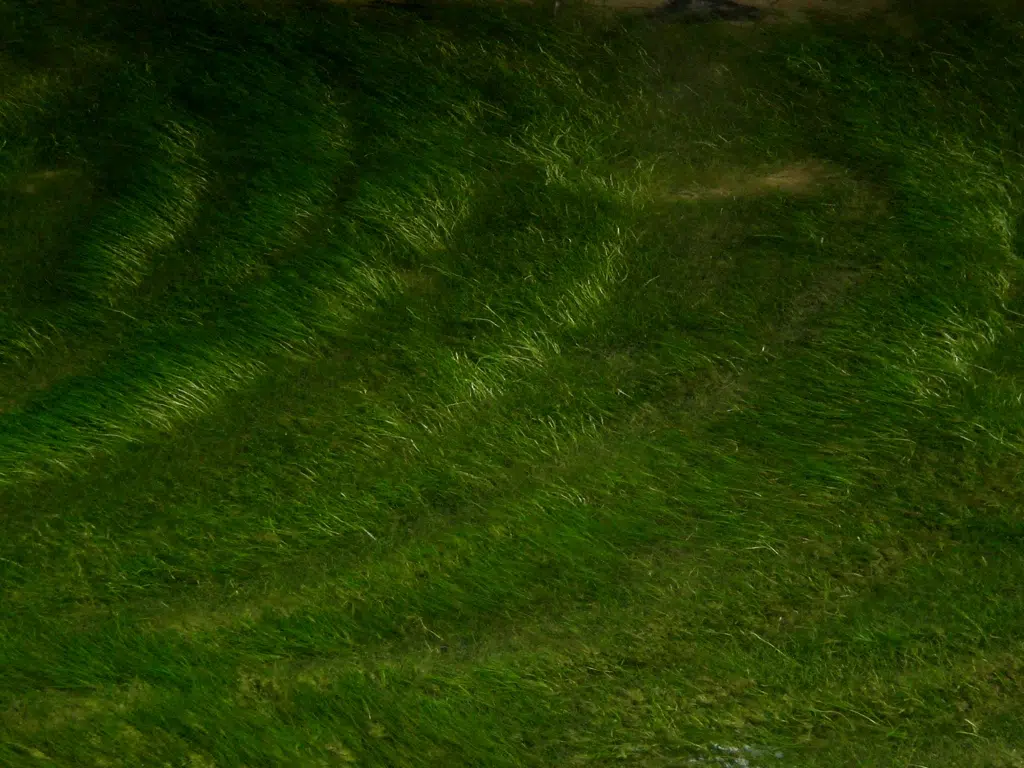University of Cambridge scientists have designed a way to create electricity out of pond scum — which they believe could be a far more “practical” solution to powering small devices than conventional and rechargeable lithium-ion batteries. Their lean, green technology, which is about the size of a AA battery, was enough to power a low-energy computer chip that’s found in tens of billions of small devices across the globe.
This isn’t a one size fits all solution, however, as it would apparently take 333 million of these things to power your average desktop computer. Constructed out of cheap and largely recyclable materials, the easily replicable technology could be the solution for a lot of smaller devices though.
“Our photosynthetic device doesn’t run down the way a battery does because it’s continually using light as the energy source,” Christopher Howe, professor of biochemistry and joint senior author of the paper, said in a university press release.








Comments